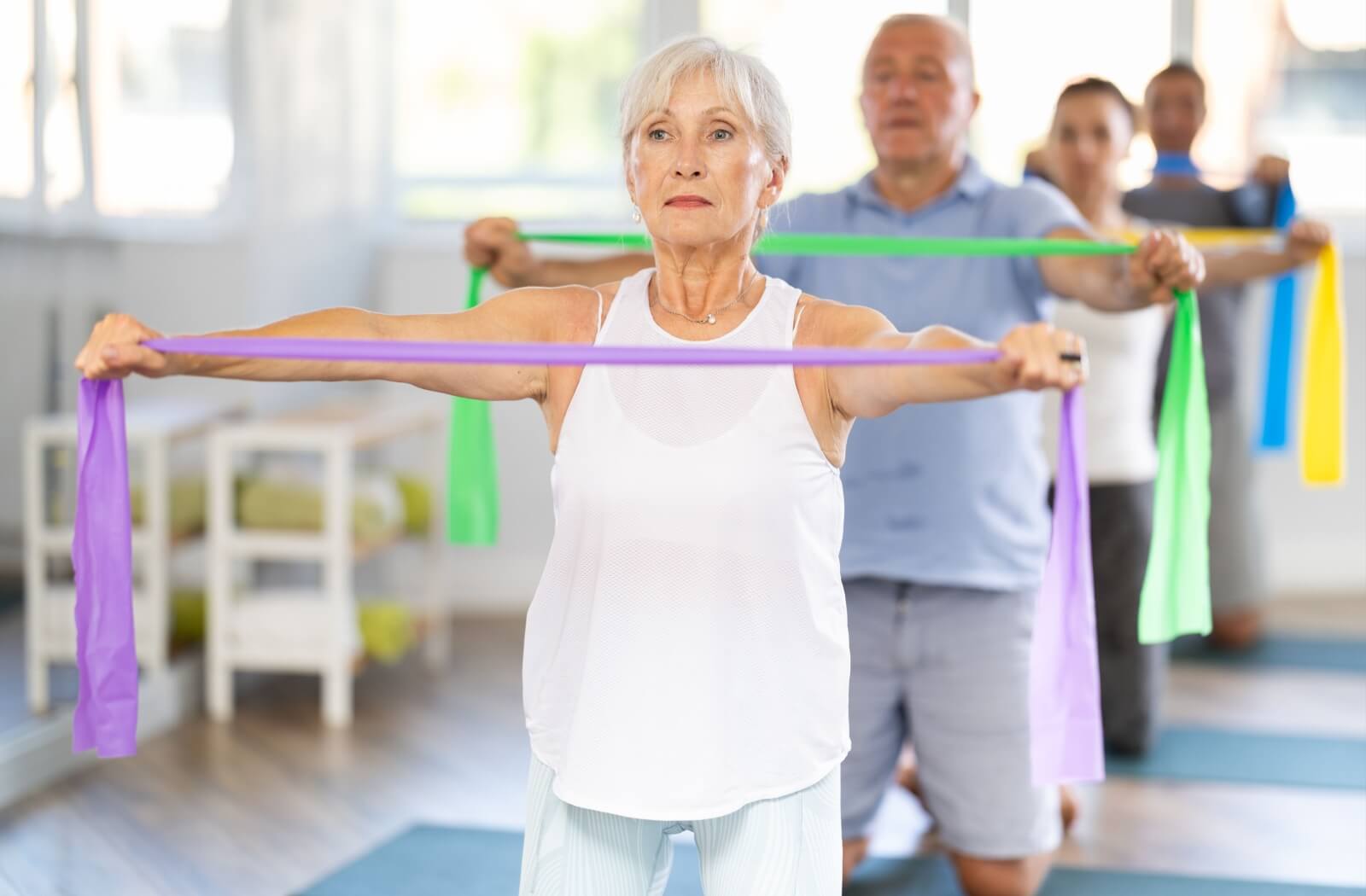It’s not uncommon to find one’s memory getting a little foggy with time. This minor memory loss is typically a normal part of aging, not to be confused with dementia or a related condition. Some ways to help improve memory loss in seniors include:
- Making dietary adjustments
- Encourage regular physical exercise
- Consistent cognitive stimulation
Memory loss can be complex because the cause isn’t always clear. If you or your loved ones’ caregivers notice signs of memory loss—or other dementia-related symptoms unrelated to normal aging—it’s essential to involve the appropriate healthcare professional for an early and accurate diagnosis. The proper diagnosis allows you to employ targeted strategies to slow or improve the memory loss if possible.
Normal Age-Related vs. Dementia
It’s important to distinguish between normal age-related memory changes and more serious conditions like dementia.
Normal age-related memory loss might include occasional forgetfulness or difficulty recalling names, which are generally manageable and do not severely impact daily life. On the other hand, dementia involves persistent and progressive memory loss, impacting cognitive function and the ability to perform everyday tasks.
Common Causes & Risk Factors for Memory Loss
Several factors can contribute to memory loss in seniors, including:
- Aging and genetic predisposition
- Cardiovascular issues affecting blood flow to the brain
- Poor nutrition and dehydration
- Lifestyle factors like stress, lack of sleep, and inactivity
- Neurological disorders such as Alzheimer’s disease
- Past substance abuse
- Systemic problems like thyroid, kidney, or liver problems
- Traumatic injuries to the head and brain
Understanding these causes can help identify ways to manage and mitigate memory loss.
Signs & Symptoms of Memory Loss in Seniors
Recognizing the signs of memory loss can lead to early intervention. Some symptoms that indicate it may be time to speak with a healthcare professional include:
- Frequently misplacing items
- Difficulty following conversations or instructions
- Confusion about time or place
- Struggling with vocabulary or finding words
- Changes in mood or behavior
Tips to Enhance Memory in Seniors
There isn’t a single “best” way to improve a person’s memory because it depends on the cause. But the following tips can help seniors support their brain health and cognitive function.
Dietary Adjustments
Nutrition plays a vital role in brain health. A diet rich in antioxidants, healthy fats, and essential vitamins can support cognitive function. Encourage incorporating foods like berries, nuts, fish, and leafy greens into daily meals. These foods provide the necessary nutrients to boost brain health.
We all need particular macronutrients—protein, fat, carbohydrates—but the amounts we need can vary. Plus, there are many other vitamins and minerals that are vital for good health. So, it may be a good idea for a senior to seek the advice of a registered dietician who can offer tailored advice on how and what a senior should be eating to help preserve their memory.
Regular Physical Exercise
Physical activity increases blood flow to the brain, promoting overall brain health. Activities like walking, swimming, or yoga benefit the body and can positively affect mental clarity and memory.
The CDC recommends that seniors get at least 150 minutes of moderate-intensity exercises or 75 minutes of vigorous activity weekly. Additionally, they recommend at least 2 days of muscle-strengthening exercises and balance-improving exercises throughout the exercise routines.
Cognitive Stimulation
Just like the body, the brain needs regular exercise to stay fit. Engaging in puzzles, learning a new language, or enjoying strategy games can keep the mind active. Encourage participation in activities that challenge cognitive skills to help build neural connections and improve memory retention.
Something as simple as enjoying an evening playing games in the community’s common area with fellow residents can positively affect brain health. Plus, a senior gets the added benefit of continued socialization.
Leverage Technology for Memory Improvement
We live in a digital age where nearly everyone is connected digitally. Technology offers numerous tools to aid memory improvement. Memory games and mobile apps designed for seniors can provide enjoyment and cognitive exercise. These tools allow seniors to engage in brain-training exercises tailored to their preferences and capabilities.
Find Support in Community.
Support groups and community resources are invaluable for seniors and their caregivers. These groups provide social interaction, which is crucial for mental health, and offer a platform for sharing experiences and strategies. Being part of a community can foster a sense of belonging and provide emotional support, which is vital for overall well-being.
Considering the things we discussed above, seniors and their caregivers can empower themselves to maintain and improve cognitive function.
Contact our team at Somerby Santa Rosa Beach if you’re exploring ways that your loved one can receive the care and support they need to deal with memory loss. Our comprehensive approach to senior care ensures we can meet your loved one’s needs through various stages in life.









